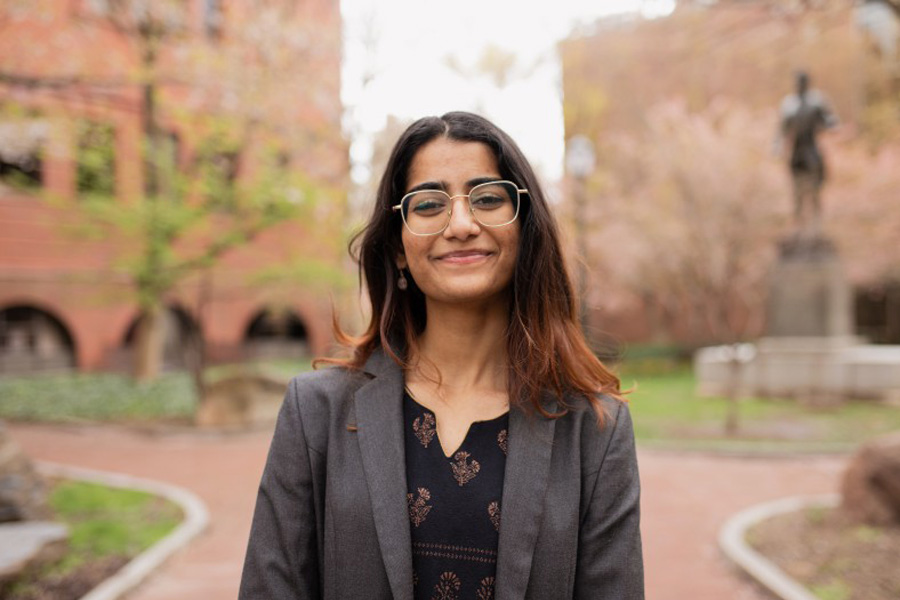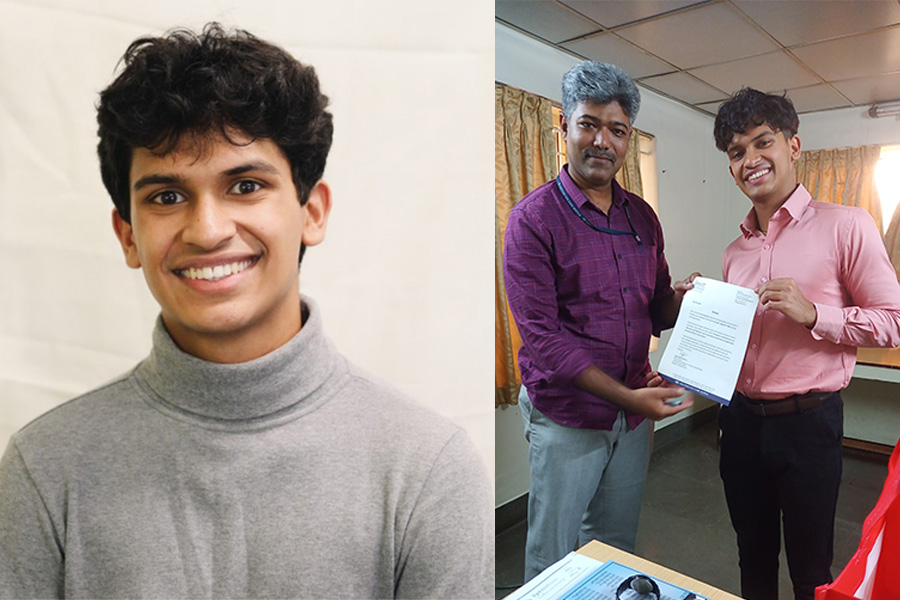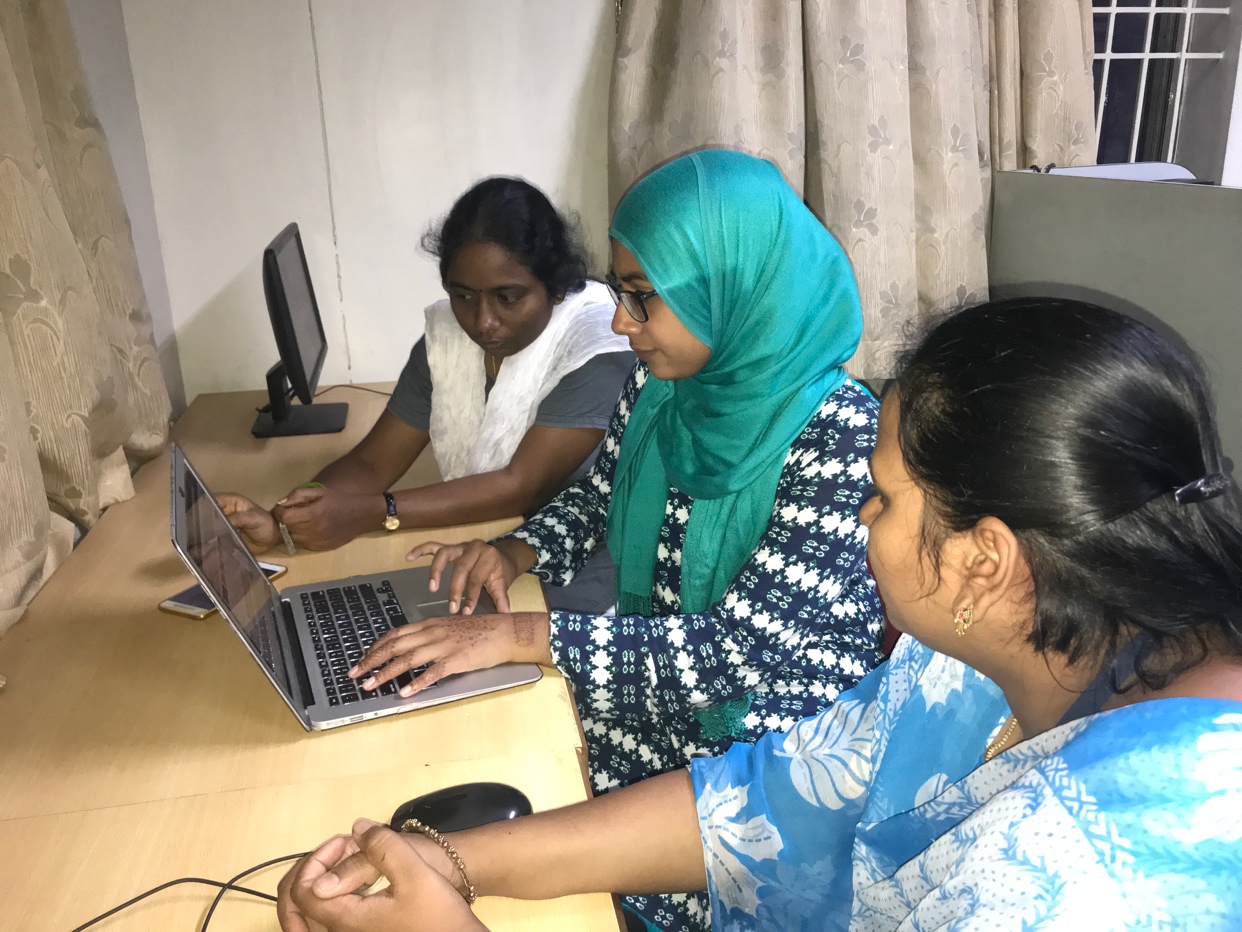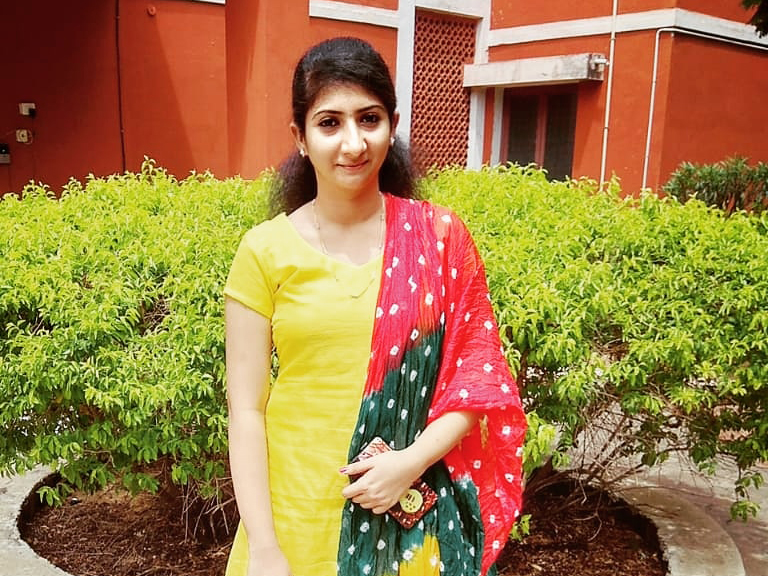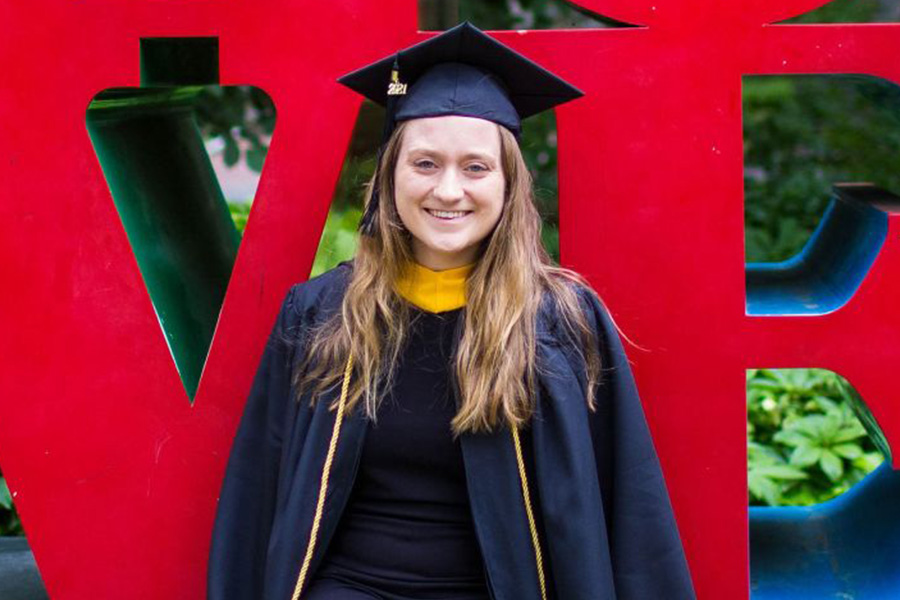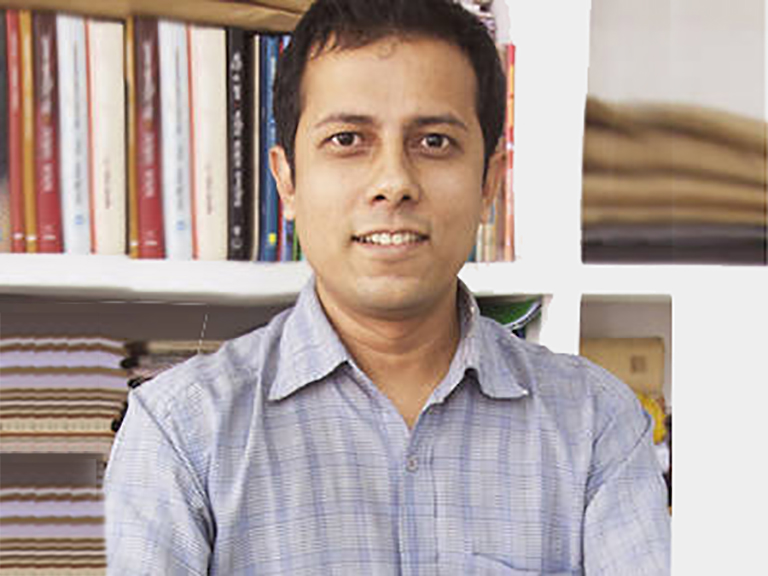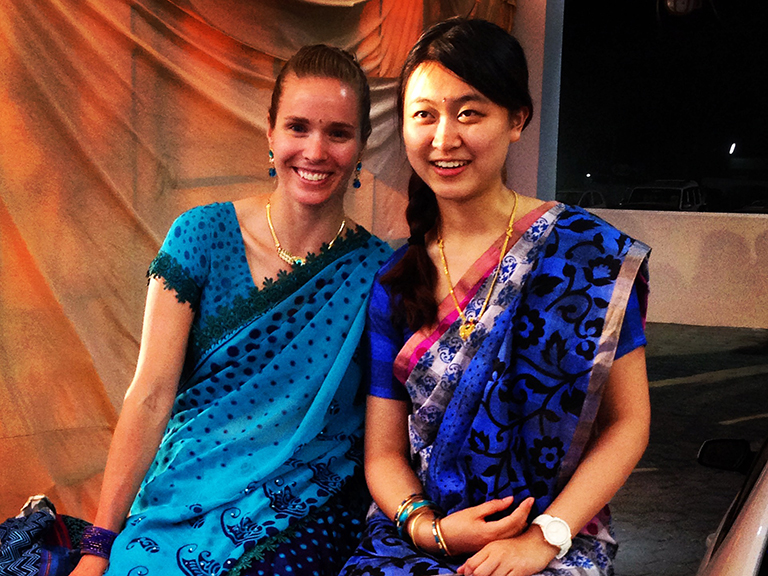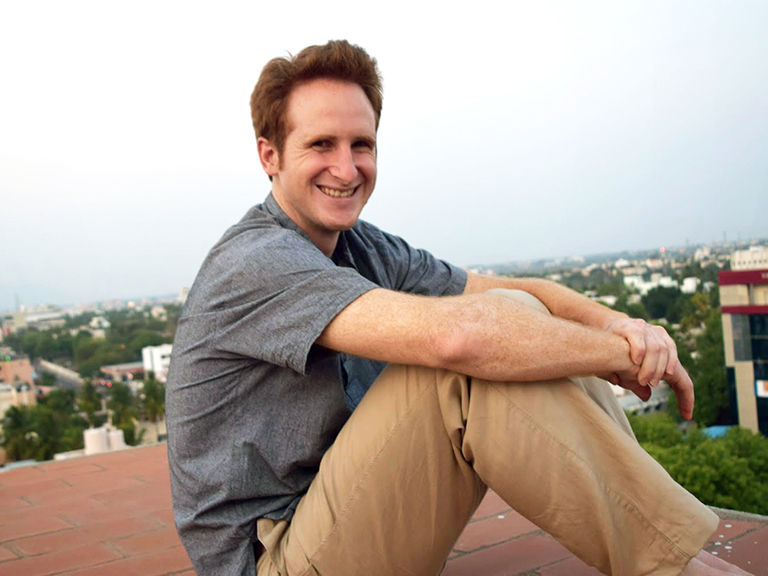Manya Gupta
Why Aravind? + Notes for Future Interns
I know the reasons I chose to spend my summer in Madurai at the Aravind Eye Hospital. When I look back at it, the actual ways in which Aravind is so unique and influential are clearer. Here is my pitch for why you should spend your summer at AEH.
Aravind is, at its core, a radically ambitious project. It starts with the simple belief that needless blindness needs to be eradicated. Underlying this, though, are many components. It is the knowledge of the immense scale of blindness in India. It is evidence that much of blindness is needless and is preventable or treatable. It is the firm belief that no one deserves to be subjected to a lack of sight due to their poverty. It is the confidence that a group of regular people, starting from a single man, Dr. V, himself, can build a self-sustaining system in pursuit of a big change. None of those are simple things. The fact that all these truths are firmly accepted and built into AEH’s culture is truly incredible.
It’s also so exciting to see the ways in which this culture has manifested. In speaking to the LAICO faculty, visitors at Inspiration, doctors and residents, and MLOPs, there is the belief that our work matters. AEH expanded from being just a small hospital to a large medical complex to adding on hugely impactful wings like LAICO, Aurolab, and the Aravind Medical Research Foundation. I don’t wish to quote Penn promotional materials, but it feels very… “We will find a way, or we will make one.” When problems are difficult and large barriers to the mission exist, Aravind’s philosophy is straightforward: we need to design and implement better solutions. When glaucoma patients aren’t following up, the problem isn’t simply that patients won’t follow up, it’s that there aren’t systems in place to incentivise and enable them to do so. Rather than giving up on those patients, we need better patient education, and so interns and staff can work on accessible Tamil videos to play in the waiting rooms. If the waiting times are so long that patients don’t like visiting the hospital, the Pondicherry hospital will set up appointment times in the parking lots to prevent overcrowding inside. If the medication for a disease is too expensive and there aren’t generics available right now, we should produce the generics. The hope, ambition, and sheer uncompromising scale of AEH’s work has been a real pleasure to witness, and I can only hope I’ve internalised some of it.
Here is some advice for future Aravind interns that I wish I had going in.
- I know this sounds obvious, but you get what you put in. This is a huge hospital system and being from an American institution will open so many doors to learn from it. While there are planned Aurolab and AMRF and VC tours, if there are other things you are interested to learn more about, ask. If there are doctors or faculty or researchers you wish to talk to, ask. If you want to visit another hospital branch, ask. If your first project isn’t filling up your time, design a second one. I know it feels like a long and unending and hot summer, but this is a rare and excellent opportunity to gain a huge amount of exposure. I regret not visiting more vision centres, not visiting any of the free hospitals outside Madurai, and not following through on my side project of interviewing MLOPs, and I hope you take advantage of the vastness of AEH’s offerings.
- You have to create your own structure and keep yourself accountable. With the exception of a few projects, most options will require that you set your own deadlines, follow up with your project guide, and have your own metrics for what succeeding on the project means. It’s easy as the summer rolls around to forget the scale of impact you can have if you treat the project seriously, and it will be very difficult to keep the motivation running unless you establish your goals and structure beforehand. I had weeks where I wasn’t nearly as productive as I could be, and setting my own deadlines definitely helped.
- Ask for feedback! A lot! Just because you have to push to get feedback doesn’t mean your project doesn’t matter, it just means the people you work for are very busy. Indian workplace culture allows you to show up to people’s offices or bump up emails or call people about urgent matters during the workday. So many of my best conversations were because I waited outside Dhivya ma’am or Uday sir’s office to have a five-minute chat. So if you get stuck or aren’t sure you’re on the right path, you shouldn’t hesitate to ask for help. I remember spending a lot of time struggling with very specific questions, like whether you can do gonioscopy in vision centers, and at the end, speaking to Manju ma’am solved the problem very very quickly. These are projects where you get a lot of independence, and the project will be better if you draw from the expertise surrounding you.
- Be ambitious and intentional about travel. There are so many things to do in Tamil Nadu, in South India, and in India. We didn’t really schedule a lot of travelling throughout June, so we rushed through July to plan to go outside for as many weekends as we could. You also want to start planning things early to be able to ask for Saturdays off as necessary without disrupting the work. Importantly, have a sense of your travel philosophy and what you want from the travel — do you want to visit as many places as possible or are 3-4 weekends out enough for you? Do you want to go to more big cities and tourist sites or quieter spots? When and how do you want to explore Madurai (which definitely has a lot more to offer than just the Meenakshi Temple and the Nayakkar Palace)? If you and your co-interns want different things out of travel experiences, how can you plan to meet everyone’s needs? What share of your budget do you want to spend on trips? I know this is a laundry list of questions, none of which need to be planned too far along in advance. I loved every trip we made during the summer, and asking ourselves questions like this really helped make the experiences a lot smoother and more enjoyable!
- As you can tell — I’m a huge fan of Aravind as an organization. I think the work they do is extraordinarily impactful and important, and witnessing it was a privilege that has taught me so much. That said, I encourage you to learn about the organization deeply, and to critique it as you continue learning from it. For instance, AEH has never significantly expanded beyond the state of Tamil Nadu and some hospitals in Andhra Pradesh. This makes sense because of their regional expertise and cultural differences across India but is still an interesting and not obvious decision, since their mission should extend in principle to needless blindness across the world. I found thinking about and asking people about organizational decisions like this very educational.
- Finally, I ask that you reflect as you go. The summer passes by quicker than you think, and the memories are difficult to hold onto, and the insights slip away. Force yourself to think, write, talk about, and document your experiences as you go, so you can squeeze out every bit of insight and joy from the summer rather than losing yourself in the details and drudgery of day to day work.
Thank you so much for listening to me this far! I’m really grateful to CASI for the support and funding that enabled this experience for me. I loved spending my previous summer doing what felt like good, difficult, and meaningful work in an organization that cares about its mission. I will be around at Penn for the next three years, and I’d love to talk to anyone interested in anything that I wrote about!

